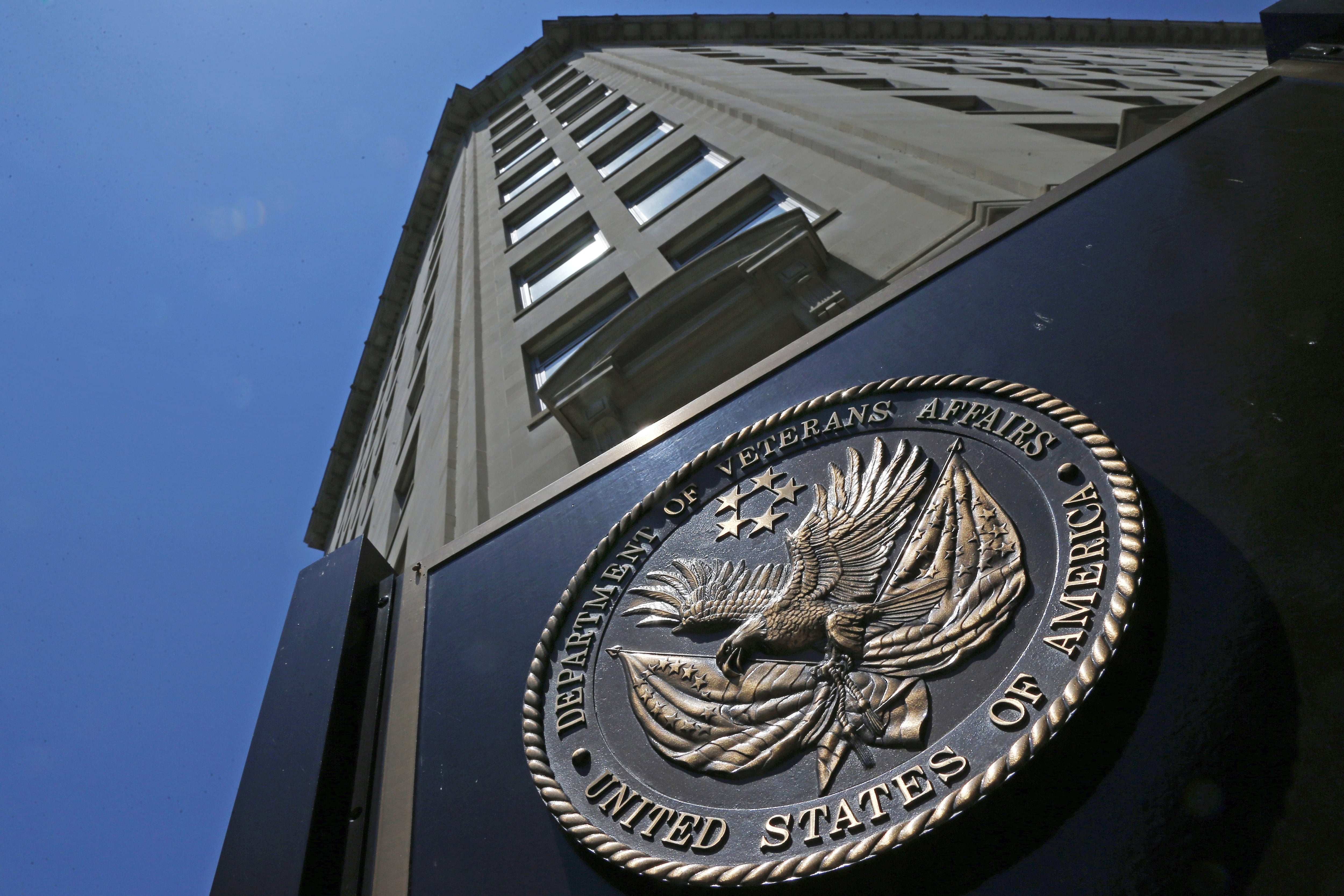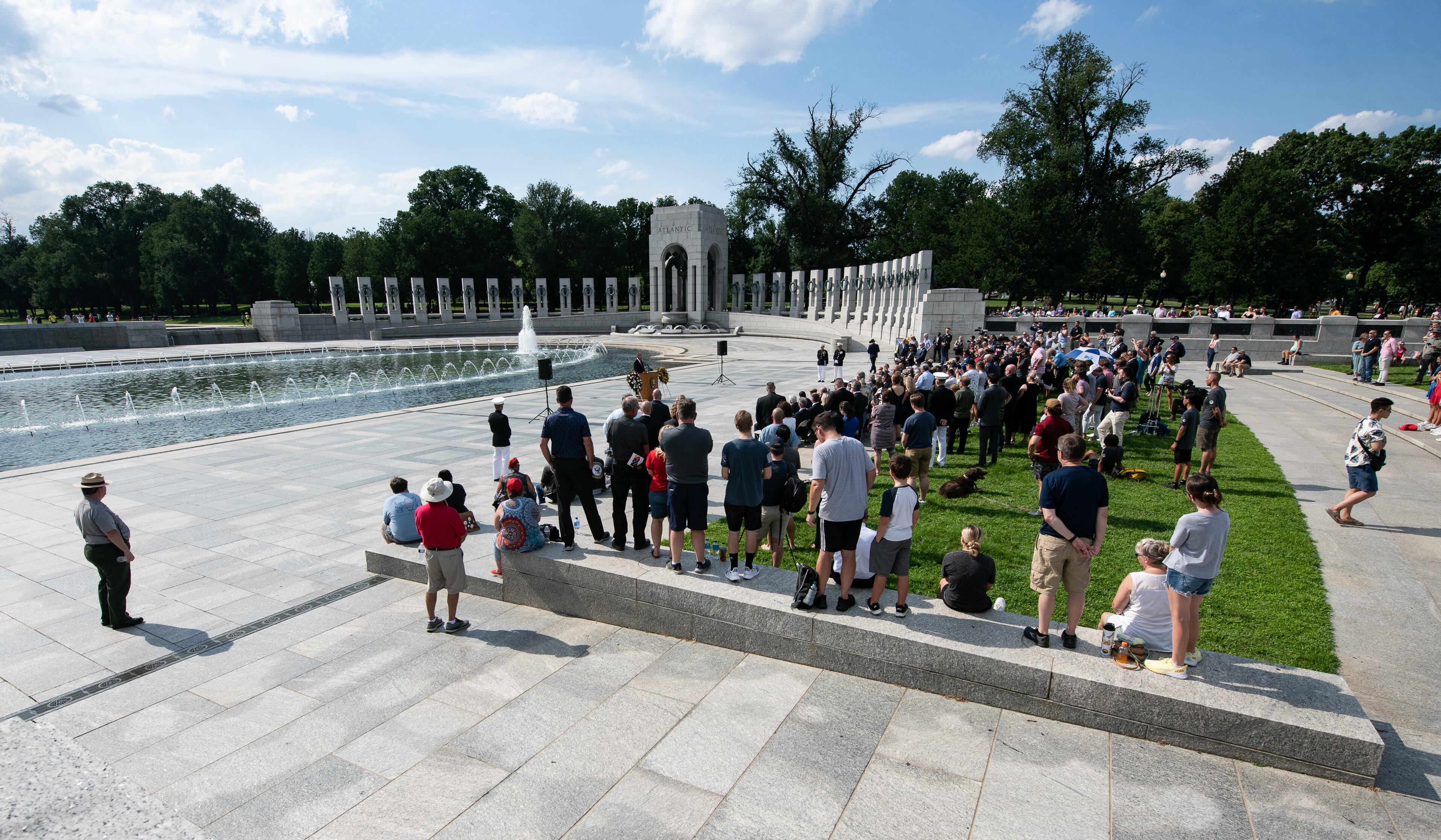All living World War II veterans would be eligible for Veterans Affairs medical services and nursing home care under language included in the federal budget bill expected to be approved by lawmakers this week.
The provision is one of numerous changes to VA policies included in the $1.7 trillion omnibus appropriations bill, which also includes $303 billion for the department’s operations in fiscal 2023.
Others include the establishment of a “Buddy Check Week” by VA to promote peer wellness checks for suicide prevention; expansion of student loan repayment programs for department mental health providers; and mandated new research on secondary post-traumatic stress issues for military spouses and children.
RELATED

VA officials estimate about 167,000 WWII-era veterans are still living in America today. The Congressional Budget Office has estimated that expansion of health and medical care to all World War II veterans could impact about 40,000 currently excluded from VA services.
For now, eligibility is based on service connected conditions and financial status, as it is for veterans of other eras.
But advocates have argued that given the WWII generation’s advanced age and critical service to the country, all of those veterans should have the option of using the full slate of VA medical care.
“These men and women responded to an existential threat and were deemed the ‘Greatest Generation,’ largely because of their service,” American Legion National Commander Vincent “Jim” Troiola said in a statement.
The Legion has been pushing for the expansion of care eligibility since 2017. Troiola said the move is needed to provide “benefits that they have absolutely earned.”
Congress in the past has expanded similar benefits for some World War I veterans. The last living American WWI veteran passed away in 2011.
RELATED

Legion officials have also been vocal proponents of the Buddy Check week provision, and Troiola praised its inclusion in the budget bill.
“We recognize that Buddy Check Week alone will not solve veteran suicide, but we do believe that it will raise awareness and save lives,” he said.
The appropriations measure is expected to be passed by the Senate as early as Thursday and by the House soon thereafter. President Joe Biden has signaled he will sign it into law as soon as it is finalized.
Lawmakers need to pass either the full fiscal 2023 appropriations bill or a short-term budget extension by midnight Friday or risk triggering a partial government shutdown due to a lack of available funding for federal operations.
Leo covers Congress, Veterans Affairs and the White House for Military Times. He has covered Washington, D.C. since 2004, focusing on military personnel and veterans policies. His work has earned numerous honors, including a 2009 Polk award, a 2010 National Headliner Award, the IAVA Leadership in Journalism award and the VFW News Media award.










